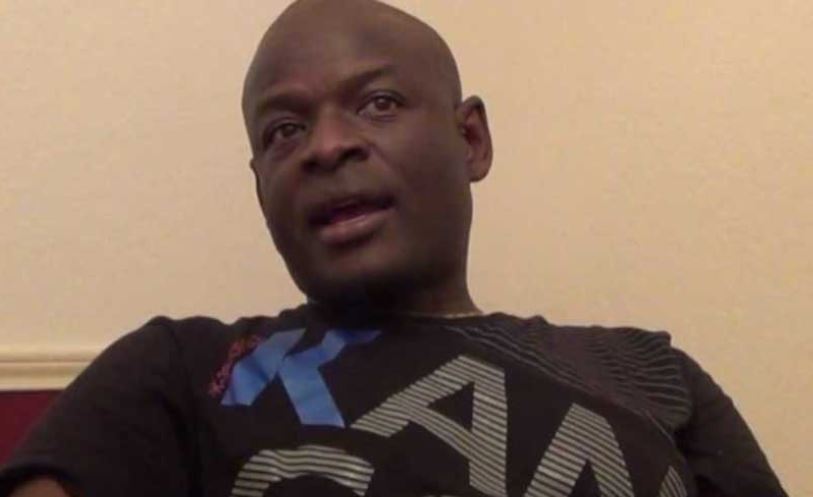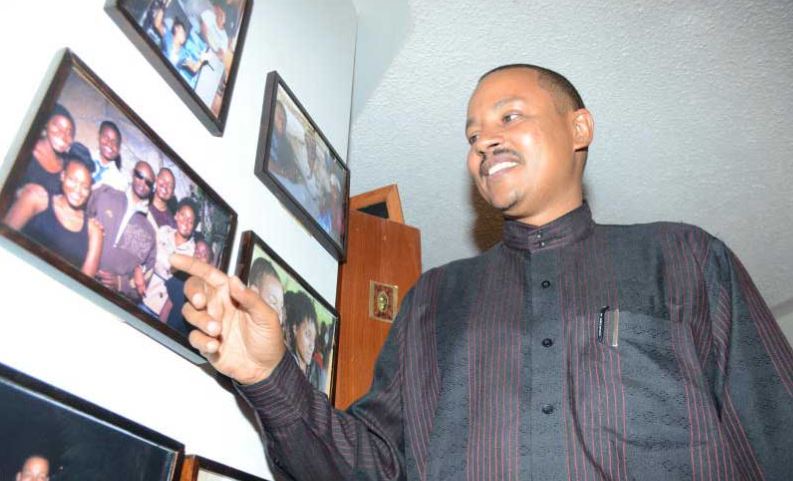A couple of prominent Kenyans in their 50s shared some valuable life lessons with Sunday Magazine.

1. You can’t choose a career path for your child. It won’t work out…
I learned that when you are young, you need to choose a career that you have passion in. My father wanted me to study accounts. But I didn’t want to. I chose to go into teaching, so my first degree is in education. I still did CPA 1 at Strathmore because he forced me to do accounting but within that gap year, because I am a people person I knew I would either go into things that have to do with medicine, teaching or what I do now, which is psychology. Now I teach at the university, I’m a therapist and a consultant psychologist. I can do it all without anybody paying me, and even after 50 I still have all the energy to do it. People should not choose a career because of the money it gives. It should be out of the satisfaction that they get from that career. It has paid off for me in terms of the fulfilment that I have. I feel that I have influenced and mentored so many people that I may not be living in the best estates and driving the cars my age mates are driving with money in the bank but I am very fulfilled.
2. You need to resolve any childhood traumas before you become a parent
What I have learned is that you need to resolve the baggage of how you were brought up as you prepare to be a parent or immediately you become a parent. That helps you deal with your children from a clean slate. If you have anything negative from your parents, it will continue over generations because you will parent your children the same and they will also parent the same. I have learned that a parent is a major role model to the children. The way you bring them up will either make or break generations.
3. Once your kids are teenagers, quit dictating and start guidingY
our children are unique individuals from you. When they are younger you guide them in everything, but as they grow older I have learned to allow them to exercise their talents and gifts, and that from teenage hood I have learned that they also have a thinking brain. They have something they can contribute in decision-making. However, they still need to be guided until about the age of 25. They look mature but they are still looking up to you to guide them. Not to command, but to guide and support them.
4. Don’t punish kids to get back at your spouse
Over the years as a family mediator and therapist, I have seen couples who, when they argue, for instance, the husband will say he will not pay school fess for the children. So the children will suffer and not go to school. They think they are punishing the spouse. The differences between you two adults should not be exposed to the children. Any time they see you two fighting, they feel very insecure and grow up with a lot of insecurity and guilt because they feel if they were never born the parents would not be fighting.
5. Your spouse isn’t you. You will never agree 100 per cent on everything and that should be OK
I have learned that my husband and I are very different people. Immediately I got married I thought I would make my husband like my dad but I learned that he is a different person. We view life differently and came from different backgrounds. Initially I used to get angry but I have learned that I have to allow him be who he is and support him to support me. When I try to force him to be someone that he isn’t, it creates a lot of conflict. But when I allow him to be who he is and remind myself that we are both unique and different, that we came from different backgrounds, we are happier. Do that as long as it is not negative behaviour from them. As long as the person is responsible, you need to know that your spouse is not you. You cannot think the same, you cannot do things the same way. Support him to support you.

1. Without trying out new things, you will never discover ‘your’ thing.
It is always good to make projections. In the year 2000, no one would have imagined what the media landscape would look like today.So always look ahead and imagine what your career will look like in the future. Have a rough road map.Creating images ahead of time and then believing in those images is very powerful. Two decades ago, I was somewhere with a friend doing a mock interview with a video camera given to me by my younger brother. I had just finished my studies and was trying to figure out what to do next. In the mock interview, I was asking him about issues in the banking industry. Fast forward years later, I was in the media and won CNN African Journalist of the Year Award and my friend ended up as one of the top bankers in the country.My friend and I had no idea where we were going, but we created an image. I attribute it to the image that we created two decades ago. Create those images in your mind and try them, like that mock interview we had. Try things and you will discover your talents. That is one lesson I have learned. Step out and do things. In the process, you will discover your raw talent.
2. Allow the other parent to be in their child’s life if they want to
Always have both parents involved in the lives of the children no matter what. Even if as a couple you go through turbulent times and your relationship collapses, always have both parents involved in the lives of the children. It gives the children a balance. No matter what happens, parenting should be a shared responsibility.
3. No one will make you happy, only you can Happiness is an inside job.
Resolve matters on the inside of you and you will not be dependent on outside circumstances to be happy. You will not need outside things to shape you. Your world view will be changed positively, and even without a meal, you will be happy.
4. Never stop learning, that is how the money will come
Never go looking for money. What you do instead is to fix yourself by constantly improving yourself. Learn, educate yourself, try out new things and if you sort out all that, money and opportunities will look for you. Education is power but learning is a superpower.

1. It is all in vain if you don’t make a positive difference in society
I have come to learn that the title, power, privilege or visibility that comes with being the chief strategist of one of Kenya’s largest and most influential human rights organisations is useless, if it is not used to protect the rights and freedoms of all Kenyans. What turns yesterday’s freedom fighter into today’s dictator is simply that they have lost their ability to see the public interest beyond their personal interests, ego and fears.
2. That you won’t control everything no matter how hard you want things to work out a certain way.
As a younger Irungu, I grappled with confidence, tact and a long-term vision for my work. The older Irungu grapples with patience and the possibility that I will not have done enough by the time I die.This occurs for some as a personal intensity and can be discomforting. Paraphrased, Paulo Coelho speaks to this trait best. Our lives will see many storms and most will catch us by surprise. We have to learn that we have no real control over the weather, exercise patience and respect as we engage the fury of our environment. Though I sometimes forget, this applies to all areas of our lives.
3. Your children will leave you someday.
Don’t put it on them to take care of you I started parenting 20 years ago. All of the children are now adults. Some of them are now parents too. I now understand that our children are not really ours. They are independently minded human beings that we as their parents have the privilege of being able to protect, provide for and mentor. While it would be nice if they would take care of us when my wife and I are unable to, I have released them from this obligation. Over the years, there have been difficult periods. I made misjudgments and mistakes with my time and how to really listen to my children when they were young. I tried to apply what I saw with my parents. Sometimes it worked, sometimes it didn’t.






